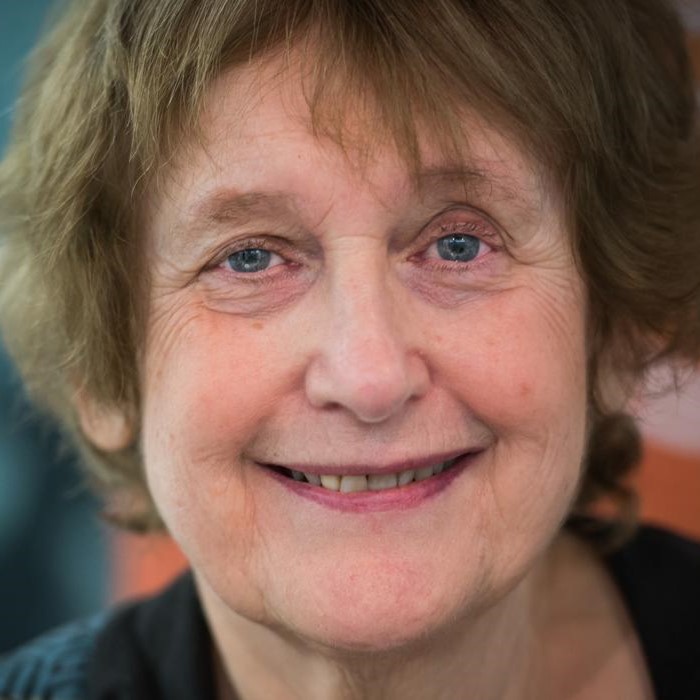A great deal of anecdotal evidence suggests that we respond positively to birdsong.
-Scientific researcher quoted in The Daily Telegraph 8.2.2012
Centuries of English verse
Suggest the selfsame thing:
A negative response is rare
When birds are heard to sing.
What’s the use of poetry?
You ask. Well, here’s a start:
It’s anecdotal evidence
About the human heart.
Published:
2018
Length:
Shorty
Literary Movements:
Children's
Contemporary
Anthology Years:
2024
Themes:
Ars Poetica
Science & Climate
Literary Devices:
Dialogue
conversation between two or more people as a feature of a book, play, or movie
Epigraph
a short quotation or saying at the beginning of a book or chapter, intended to suggest its theme
Quatrain
A stanza made of four lines.
Rhyme
correspondence of sound between words or the endings of words, especially when these are used at the ends of lines of poetry

